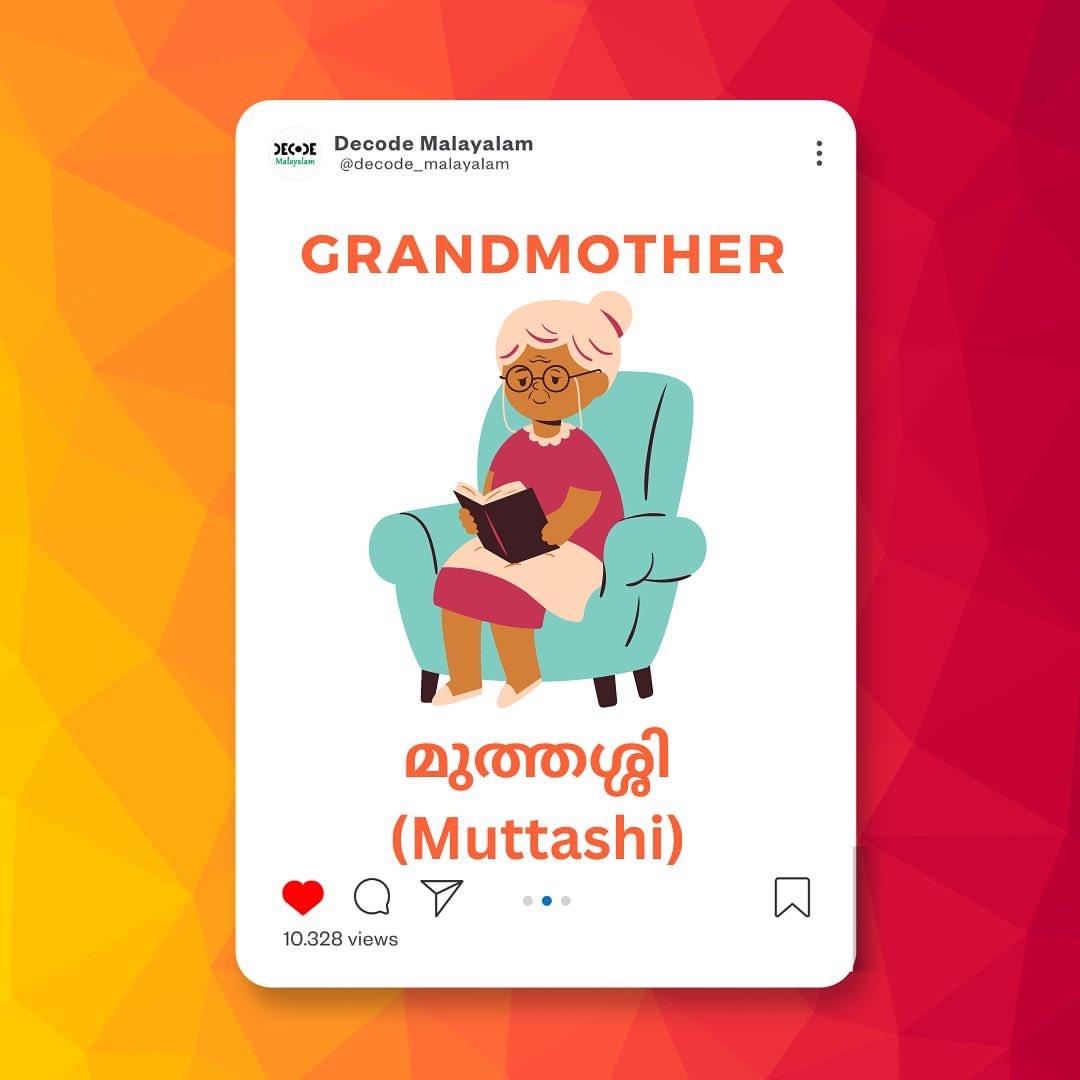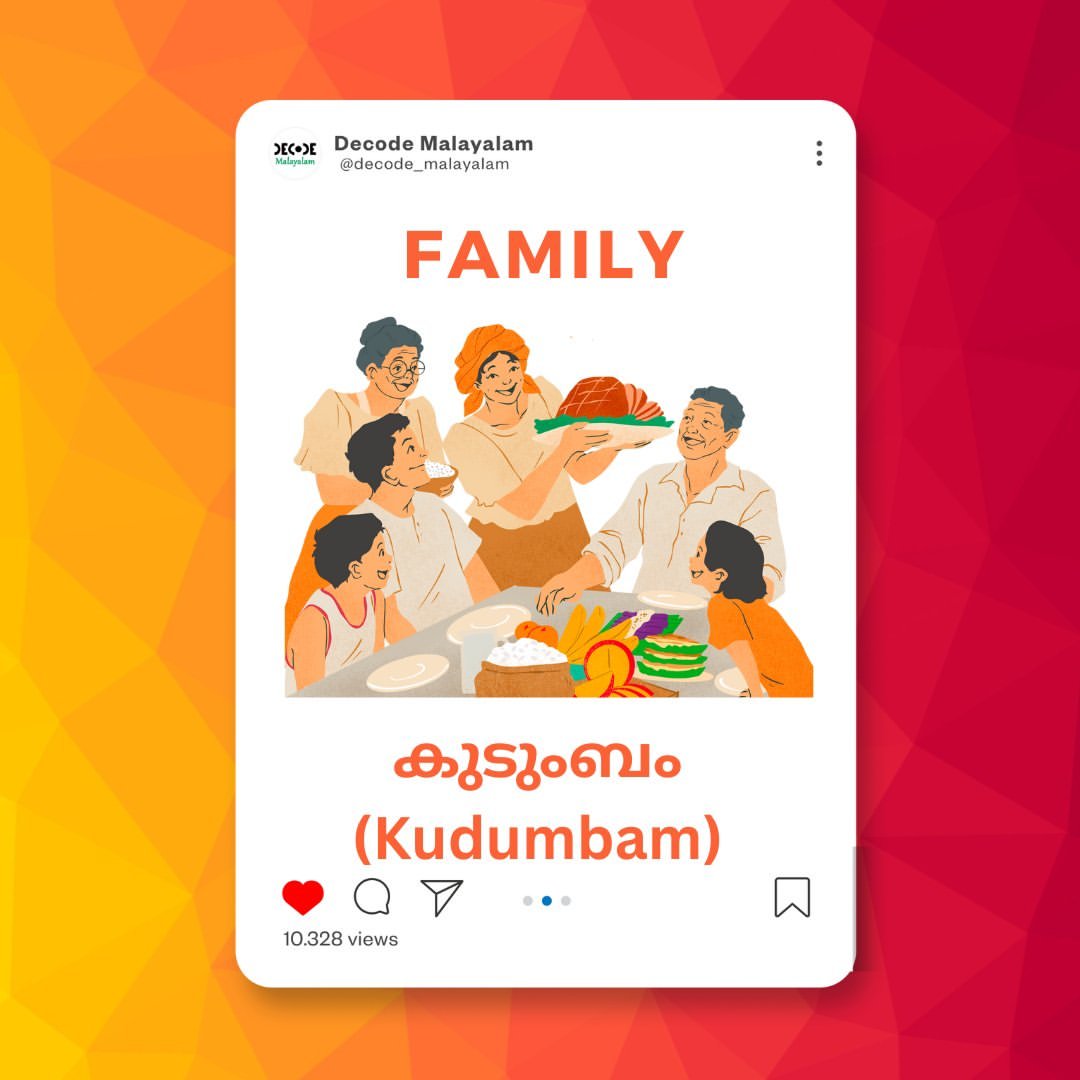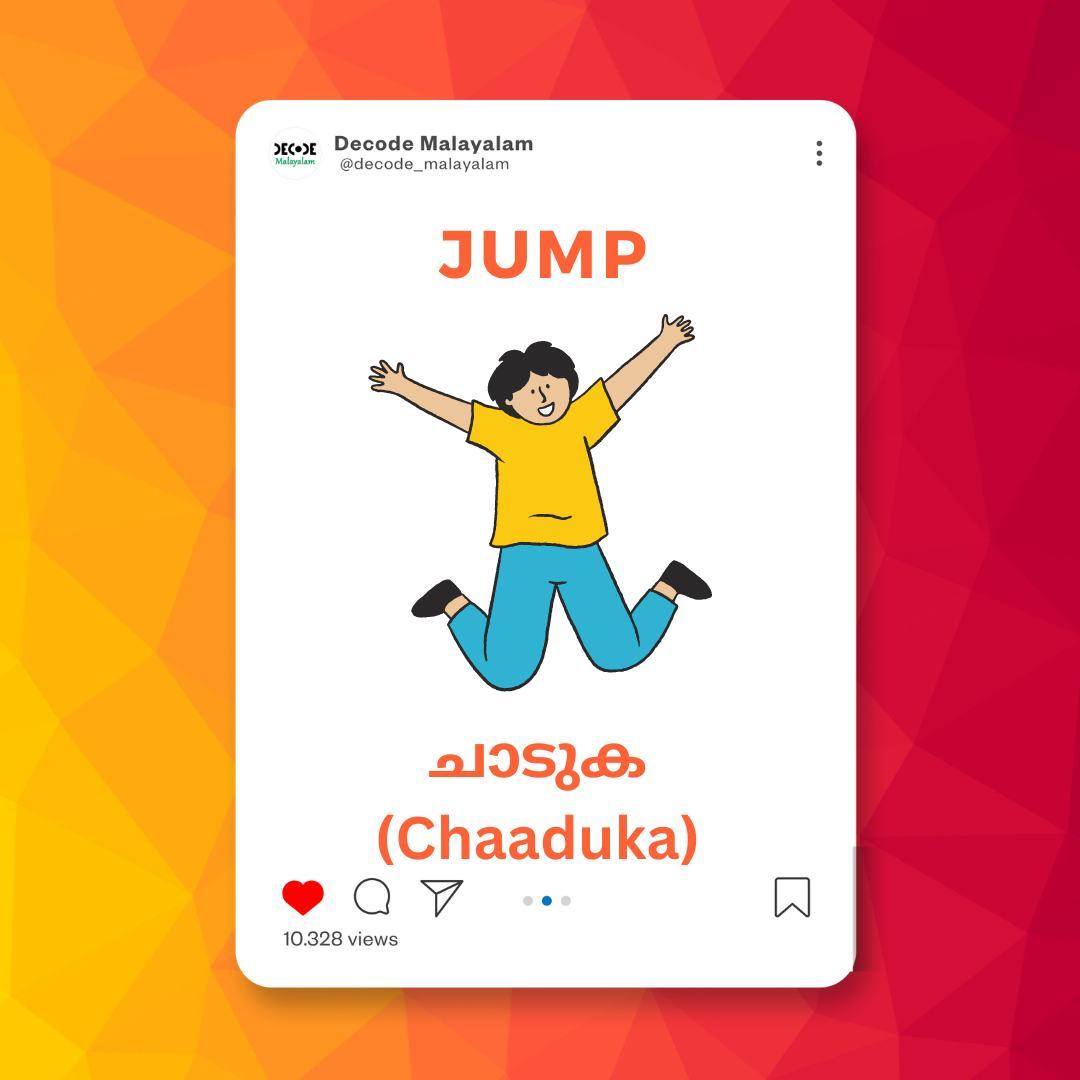Days and Months in Tamil: Your Essential Guide
Welcome, language enthusiasts and curious learners! Learning a new language is an incredible journey, and one of the most fundamental steps is mastering the vocabulary for time. In this comprehensive guide, we will dive deep into the fascinating world of **days and months in Tamil**. Whether you’re planning a trip to Tamil Nadu, connecting with Tamil-speaking friends, or simply expanding your linguistic horizons, understanding how to talk about days, weeks, and months is crucial.
The Tamil language, rich with history and culture, has unique names for days and months that are deeply rooted in ancient traditions and astronomy. Unlike many other languages, Tamil has two sets of month names: the common Gregorian calendar months (like January, February) and the traditional Tamil calendar months, which are tied to the solar cycles and festivals.
This article is designed specifically for a learner audience. We will provide not only the Tamil words but also their clear English meanings and easy-to-follow pronunciation guides. By the end, you’ll be able to confidently ask, “What day is it today?” or “When is your birthday?” in Tamil. Let’s begin our journey!
Days of the Week in Tamil (வாரத்தின் நாட்கள்)
The days of the week in Tamil are known as **வாரத்தின் நாட்கள் (vaaratthin naatkal)**, which literally means “the days of the week.” Each day’s name is associated with a celestial body in ancient Hindu astronomy, which is a common practice in many Indian languages. Learning these names will not only help you with daily conversations but also give you a glimpse into the cultural and historical connections of the language.
The word for ‘day’ is **நாள் (naal)** and the word for ‘week’ is **வாரம் (vaaram)**. The term **கிழமை (kizhamai)** is also commonly used to refer to a specific day of the week. Let’s look at the list below.
| English Day | Tamil Name | Pronunciation (Transliteration) | Tamil Meaning |
|---|---|---|---|
| Sunday | ஞாயிற்றுக்கிழமை | Nyaayitru-kizhamai | Day of the Sun |
| Monday | திங்கட்கிழமை | Thingat-kizhamai | Day of the Moon |
| Tuesday | செவ்வாய்க்கிழமை | Sevvaay-kizhamai | Day of Mars |
| Wednesday | புதன்கிழமை | Buthan-kizhamai | Day of Mercury |
| Thursday | வியாழக்கிழமை | Viyaazha-kizhamai | Day of Jupiter |
| Friday | வெள்ளிக்கிழமை | Velli-kizhamai | Day of Venus |
| Saturday | சனிக்கிழமை | Sani-kizhamai | Day of Saturn |
**Tips for Pronunciation:**
- **ஞாயிற்றுக்கிழமை (Nyaayitru-kizhamai):** The ‘nyaa’ sound is similar to the ‘gna’ in ‘gnat’. The ‘yi’ sound is a soft ‘y’. The ‘tru’ is a rolled ‘r’ sound.
- **திங்கட்கிழமை (Thingat-kizhamai):** The ‘thi’ is a soft ‘t’ sound, similar to ‘th’ in ‘thin’. The ‘nga’ is a nasal sound.
- **செவ்வாய்க்கிழமை (Sevvaay-kizhamai):** The ‘se’ is like ‘say’. ‘Vaa’ is a long ‘a’ sound.
- **புதன்கிழமை (Buthan-kizhamai):** The ‘pu’ is a soft ‘p’ sound. The ‘tha’ is a soft ‘th’ sound, like in ‘the’.
- **வியாழக்கிழமை (Viyaazha-kizhamai):** ‘Vi’ as in ‘Vee’. ‘Yaa’ is a long ‘a’ sound. The ‘zha’ sound is unique to Tamil and can be challenging; it’s a retroflex ‘l’ sound, made by curling the tongue back.
- **வெள்ளிக்கிழமை (Velli-kizhamai):** ‘Ve’ as in ‘vet’. ‘Lli’ is a short ‘l’ sound.
- **சனிக்கிழமை (Sani-kizhamai):** ‘Sa’ as in ‘sausage’. ‘Ni’ as in ‘knee’.
These names are essential for everyday life. For instance, to ask “What day is today?”, you would say, **”இன்று என்ன கிழமை?” (Indru enna kizhamai?)**. To learn more essential phrases, check out our guide on Common Tamil Phrases for Daily Conversations.
Months of the Year (Gregorian Calendar)
While the Tamil calendar has its own set of months (which we’ll explore next), modern Tamil speakers widely use the Gregorian calendar. The names of these months are often borrowed or transliterated from English, making them relatively easy to learn for an English speaker.
The word for ‘month’ is **மாதம் (maadham)**. The plural is **மாதங்கள் (maathangal)**.
| English Month | Tamil Name | Pronunciation (Transliteration) |
|---|---|---|
| January | ஜனவரி | Janavari |
| February | பிப்ரவரி | Pibravari |
| March | மார்ச் | Maarch |
| April | ஏப்ரல் | Yeboral |
| May | மே | May |
| June | ஜூன் | Joon |
| July | ஜூலை | Joolai |
| August | ஆகஸ்ட் | Aagust |
| September | செப்டம்பர் | Septambar |
| October | அக்டோபர் | Aktobar |
| November | நவம்பர் | Navambar |
| December | டிசம்பர் | Disambar |
Learning these months is crucial for daily conversations, school, and work. For example, if you want to say, “My birthday is in February,” you would say, **”என் பிறந்தநாள் பிப்ரவரி மாதம்” (En pirandhanaal Pibravari maadham).**
Months of the Tamil Calendar (தமிழ் மாதங்கள்)
This is where Tamil culture and tradition shine! The Tamil calendar is a solar calendar. A new year begins when the sun enters the zodiac sign of Aries, which happens in mid-April. This is a time of great celebration, marked by the Tamil New Year festival called **Puthandu (புத்தாண்டு)**. The Tamil months are deeply connected to farming cycles, festivals, and religious observances.
To learn more about this, we have a dedicated article on the Tamil Months and Tamil Calendar. Here is a list of the 12 Tamil months and their English equivalents.
| Tamil Month | Pronunciation | English Equivalent (Approx.) | Cultural Significance |
|---|---|---|---|
| சித்திரை | Chithirai | Mid-April to Mid-May | First month of the Tamil New Year (Puthandu). A month of new beginnings and agricultural activities. |
| வைகாசி | Vaikasi | Mid-May to Mid-June | Known for its hot weather. Many religious festivals and temple celebrations take place during this month. |
| ஆனி | Aani | Mid-June to Mid-July | A time of harvesting and temple festivities. The month is dedicated to spiritual practices. |
| ஆடி | Aadi | Mid-July to Mid-August | Known as a sacred month. The start of the monsoon season. Aadi Perukku, a festival celebrating water, is significant. |
| ஆவணி | Aavani | Mid-August to Mid-September | Important for Brahmin communities and sacred ceremonies. Avani Avittam is a key festival. |
| புரட்டாசி | Purattasi | Mid-September to Mid-October | Considered a holy month for many. Dedicated to Lord Venkateswara. Navaratri festival also takes place. |
| ஐப்பசி | Aippasi | Mid-October to Mid-November | The month of rain and the famous Deepavali festival. A time for celebration and gratitude. |
| கார்த்திகை | Kaarthigai | Mid-November to Mid-December | Known for Kaarthigai Deepam, a festival of lights celebrated to honor Lord Shiva. |
| மார்கழி | Maargazhi | Mid-December to Mid-January | A spiritually significant month. Known for pre-dawn temple visits and devotional singing (Thiruppavai). Considered the most auspicious month for spiritual activities. |
| தை | Thai | Mid-January to Mid-February | The month of Pongal, the harvest festival. The beginning of Uttarayana (the northern movement of the Sun). A very auspicious month. |
| மாசி | Maasi | Mid-February to Mid-March | Known for Maasi Magam, a festival celebrating the birth of a deity. A time for purification rituals. |
| பங்குனி | Panguni | Mid-March to Mid-April | The last month of the Tamil year. Many weddings and auspicious events are held during this time. Panguni Uthiram is a significant festival. |
Understanding these months gives you a deeper appreciation for Tamil culture, traditions, and festivals. You can also explore our article on Pongal Festival Tamil Greetings and Phrases to see how these months are integrated into celebrations.
Putting it all together: Useful Phrases and Sentences
Now that you know the words for days and months, let’s learn how to use them in simple sentences.
Asking for the day:
இன்று என்ன கிழமை? (Indru enna kizhamai?) – What day is today?
Stating the day:
இன்று திங்கட்கிழமை. (Indru Thingat-kizhamai.) – Today is Monday.
Asking for the month:
இப்போது என்ன மாதம்? (Ippōthu enna maadham?) – What month is it now?
Stating the month:
இது அக்டோபர் மாதம். (Idhu Aktobar maadham.) – It is October.
Talking about the past:
நேற்று செவ்வாய்க்கிழமை. (Nētrru Sevvaay-kizhamai.) – Yesterday was Tuesday.
Talking about the future:
நாளை வியாழக்கிழமை. (Naalai Viyaazha-kizhamai.) – Tomorrow is Thursday.
Talking about a specific month:
அவர்கள் தை மாதம் பயணம் செய்வார்கள். (Avargal Thai maadham payanam seivaargal.) – They will travel in the month of Thai.
These phrases are a fantastic starting point for practicing your Tamil conversation skills. Combining these with other basic words will allow you to build more complex sentences and communicate more effectively. For more foundational knowledge, don’t forget to check out our Basic Tamil Words for Beginners guide.
The Significance of Time in Tamil Culture
In Tamil culture, time is more than just a measurement; it is a cycle that governs life, agriculture, and spirituality. The Tamil calendar is a testament to this, as its months are named after specific stars and constellations. For instance, the month of **Chithirai** is named after the star Chithirai (Spica in Virgo), and **Kaarthigai** is named after the Pleiades constellation. This astronomical connection highlights the rich scientific and spiritual knowledge of ancient Tamils.
The Tamil calendar is a solar calendar, where the year is divided based on the sun’s journey through the twelve zodiac signs. This is different from the lunar calendar used in some other parts of India. This distinction is important for understanding the timing of festivals and auspicious events.
Understanding the names of the months also provides insight into agricultural practices. For example, **Maasi** is traditionally the month for planting specific crops, and **Thai** is the harvest month, celebrated with the Pongal festival. Learning these names and their cultural context makes the language come alive and connects you to the heart of the community.
We hope this article has provided you with a solid foundation for learning **days and months in Tamil**. The more you practice, the more natural it will feel. Don’t be afraid to try using these words in your daily conversations. The key to fluency is consistent practice and immersion.
Frequently Asked Questions (FAQ)
Conclusion
Mastering **days and months in Tamil** is a significant milestone in your language learning journey. It provides a solid foundation for more complex conversations and a deeper connection to Tamil culture. By understanding both the Gregorian and traditional Tamil calendar systems, you’ll be well-equipped to navigate daily life and appreciate the rich traditions of Tamil-speaking regions. Continue your learning adventure with our other guides and articles on Decodetamil.com! Happy learning!








